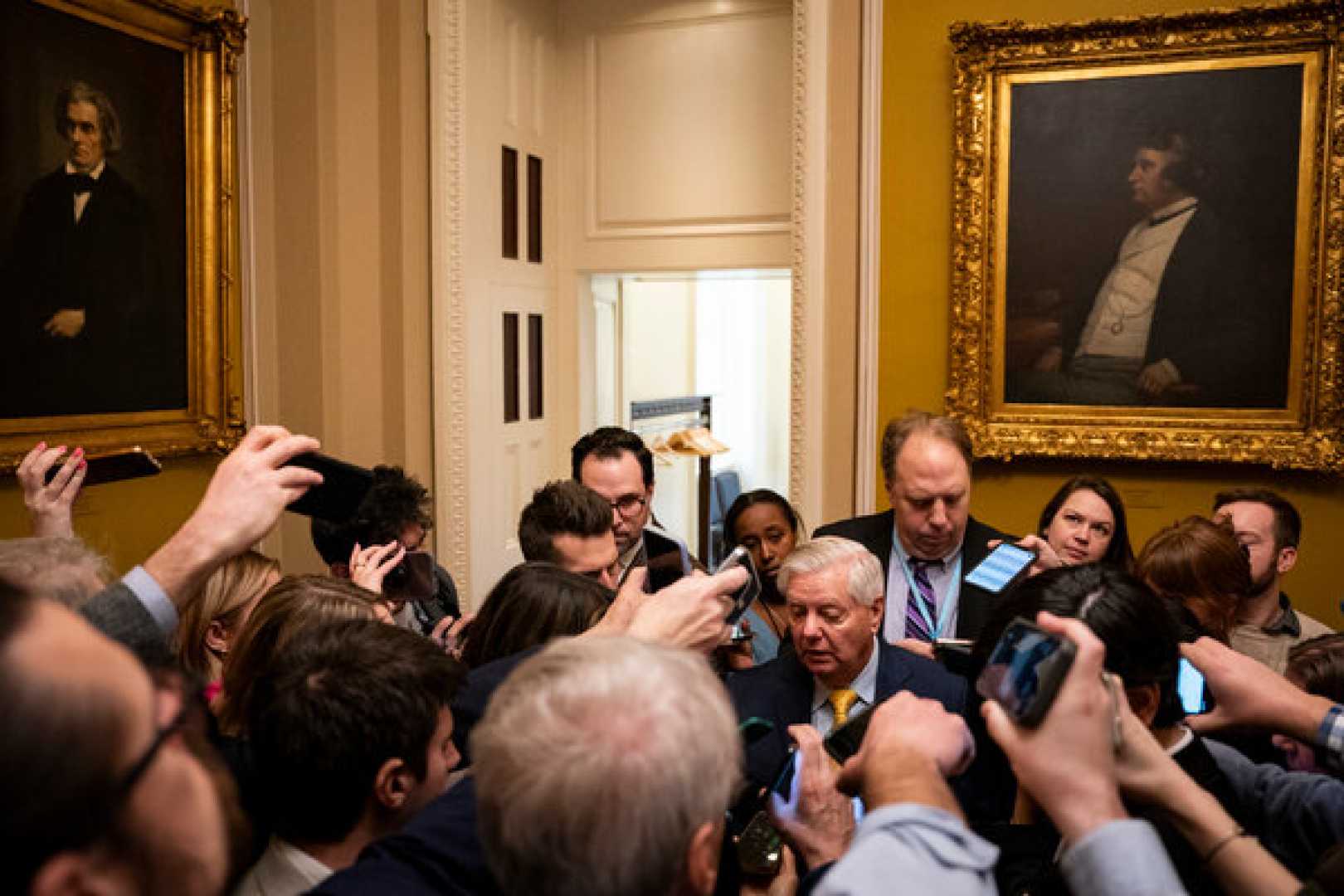Politics
GOP Leadership Faces Budget Crisis Amidst Hardliner Pushback

WASHINGTON, D.C. — House Speaker Mike Johnson’s proposed budget plan is facing significant challenges as hardline Republicans push for deeper spending cuts, putting the support of centrist party members at risk. The proposal, intended to reboot President Donald Trump’s agenda, aims to reduce spending by $1.5 trillion over the next decade, but some conservatives are demanding cuts of up to $2 trillion.
On February 11, just hours after the GOP’s compromise plan was revealed, fiscal conservatives criticized the targeted cuts, arguing they should be more aggressive. Rep. Don Bacon, a Nebraska Republican, expressed reservations about the proposed reduction levels, indicating uncertainty among centrists.
“As of right now, the votes are not there,” said Rep. Andy Ogles from Tennessee, reflecting the fissures within the party. He noted the legislation needs adjustments to gain enough support among lawmakers who prioritize fiscal responsibility alongside popular public programs.
House Budget Committee Chair Jodey Arrington, a Republican from Texas, maintained a positive outlook regarding the plan’s potential, despite the apparent dissent. He acknowledged that backlash from the hardliners could threaten a crucial committee vote scheduled for Thursday.
In conversations with news outlets, several members of the House Freedom Caucus, including Reps. Ralph Norman of South Carolina and Scott Perry of Pennsylvania, remained noncommittal about their support for the budget proposal, suggesting amendments would be necessary during the markup process.
The conflict over the budget cuts is heightened by calls from some Republicans for policies such as work requirements for Medicaid, which have become points of contention. Norman, who will be voting on the measure, emphasized the need for concrete assurances on such provisions.
Amid ongoing negotiations, conservative legislators voiced their discontent with the current cut targets. Rep. Eric Burlison from Missouri characterized the spending cuts as “pathetic” and claimed enough Republican dissenters exist to potentially derail the bill. The rising tensions highlight the clear divide between hardliners who advocate for more drastic cuts and moderates who fear the political consequences of reducing essential services.
Despite the precarious situation, some Republicans are optimistic about reaching a compromise. Rep. Dusty Johnson from South Dakota emphasized the importance of addressing concerns from both sides of the party to secure the budget’s passage.
In a nod to the gravity of the current fiscal negotiations, Rep. Bacon commented on the role of leadership in the process, stating, “The speaker had a better plan,” referring to an earlier budget proposal suggesting more moderate cuts that might have received broader support.
Trump’s influence in this fiscal debate remains a key factor. GOP leadership is acutely aware that any cuts viewed as extreme could harm their majority in the upcoming elections, underscoring the need for a balanced approach that satisfies both fiscal conservatives and centrist Republicans.
As the House gears up for the crucial vote, budgetary discussions continue to unfold, with leadership striving to find common ground amid a backdrop of political division that could shape future governance.












